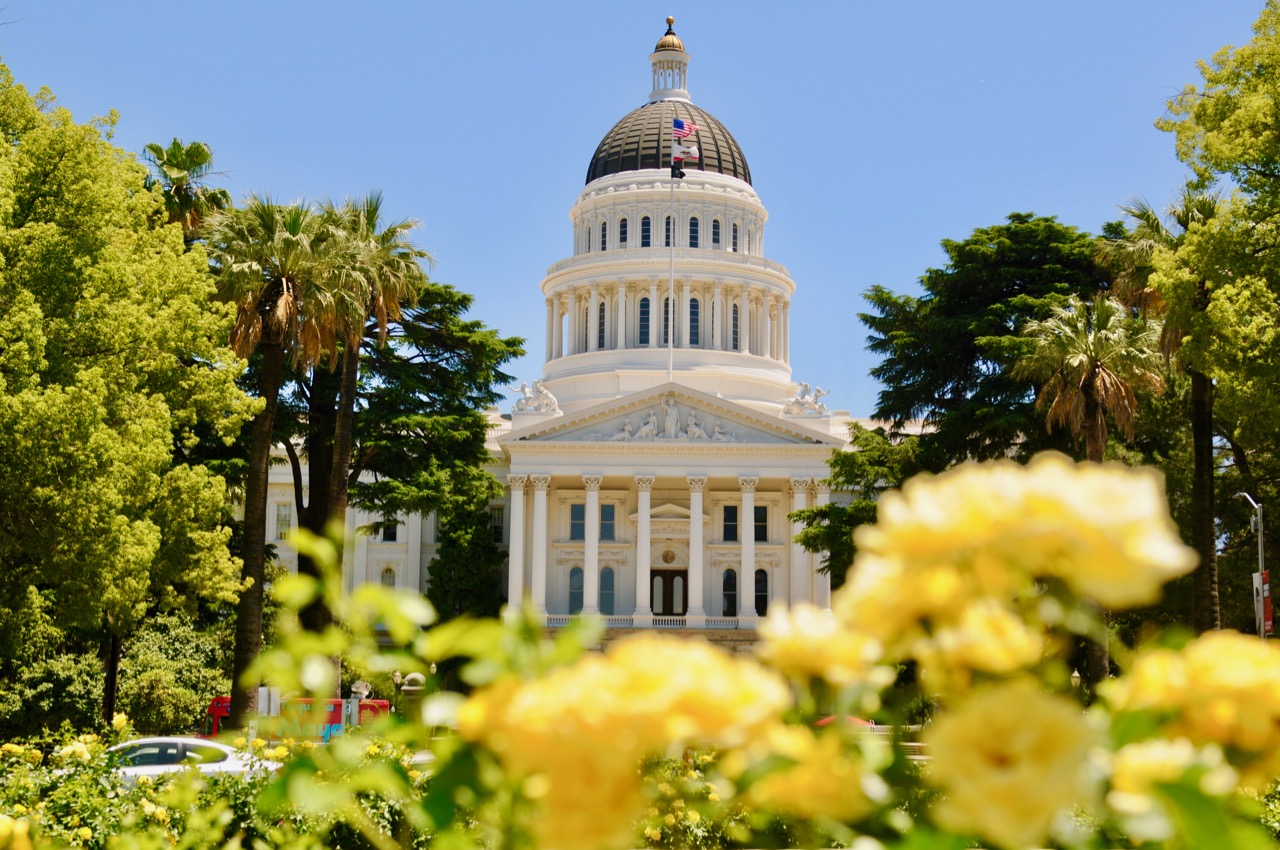
California State Capitol (Photo: Kevin Sanders for California Globe)
What is the Role of the California Attorney General?
The chief law enforcement officer of the state of California has broad powers
By Chris Micheli, November 10, 2021 6:17 am
The Attorney General is the chief law enforcement officer of the state of California, as set forth in the state Constitution. Article V vests the Attorney General with broad powers and carries out these duties through the Department of Justice.
According to the state courts, the Attorney General, as the chief law officer of the state, has broad powers derived from the common law and, in the absence of any legislative restriction, has the power to file any civil action or proceeding directly involving the rights and interests of the state, or which he or she deems necessary for the enforcement of the laws of the state, the preservation of order, and the protection of public rights and interests. People ex rel. Harris v. Rizzo (2013) 214 Cal.App. 4th 921
As such, in a case in which it appeared that a charter city was under the control of individuals who were looting the city’s coffers for their own benefit, the Attorney General could, on behalf of the city, bring an action against the allegedly corrupt individuals to remove the city from their control and to require them to pay restitution to the city to the extend their acts were unauthorized. People ex rel. Harris v. Rizzo (2013) 214 Cal.App. 4th 921
The courts of this state have also made clear that Article V grants law enforcement duties to the executive branch of state government. For example, the initiation of criminal proceedings is a core, inherent function of the executive branch. Steen v. Appellate Division of Superior Court (2014) 59 Cal.App. 4th 1045
In addition, under Article V, Section 13, the Attorney General and the district attorneys have exclusive responsibility for prosecution of crimes. No private citizen can initiate a misdemeanor complaint absent the district attorney’s approval, authority, or concurrence, nor may the district attorney’s power be controlled by the courts. People v. Shults (1978) 87 Cal.App. 3rd 101
As an example of this, a district attorney’s authority to enforce the unfair competition law is not limited to the county’s borders. In fact, a district attorney can allege violations occurring outside the county as well as within the county. The trial court did not err in denying a motion to strike allegations of violations outside the county. Nothing in the constitutional provisions concerning the role of the California Attorney General and district attorneys precludes the Legislature from allowing such enforcement. Abbott Laboratories v. Superior Court (2020) 9 Cal. 5th 642
In addition, Article V, Section 13 vests the Attorney General with broad discretion in deciding when to prosecute a criminal case. Assuming that a criminal defendant may object to prosecution by the Attorney General, it cannot be doubted that the superior court’s authority to consider the objection would be very limited. In a prosecution against the former Superintendent of Public Instruction for making official contracts in which he had a financial interest, the Attorney General had authority to prosecute the action. People v. Honig (1996) 48 Cal.App. 4th 289
Finally, the legislative branch of state government bears the sole responsibility and power to define criminal charges and to prescribe its punishment, and it is the executive branch of state government that decides which crime to charge and the judicial branch which imposes sentence with the legislative limits for the chosen crimes. Hence, the separation of powers doctrine mandates that a statute may not constitutionally require the consent of one branch of government for the proper exercise of another branch’s power, unless it is specifically provided for in the state Constitution. People v. Mikhail (1993) 13 Cal.App. 4th 846, rehearing denied, review denied.
- Is There a Funding Requirement for Prop. 36? - February 7, 2026
- Definitions for Enforcement of Judgments - February 7, 2026
- Verdicts in Jury Trials - February 6, 2026





What is the Role of the California Attorney General?
Good question.